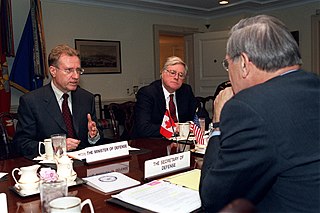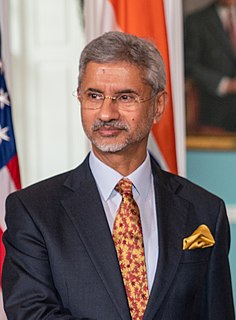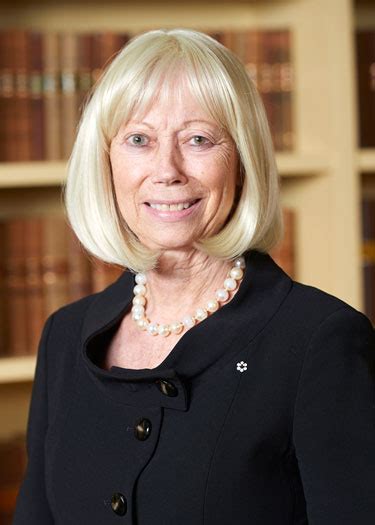A Quote by Henry Giroux
The environment in Canada is much more conducive to doing critical work, though Canada has its own set of problems, but nothing like those emerging in the United States. Unlike Penn State which was a huge recipient of Pentagon funds, and was hostile to any criticism of its connection to the military and intelligence services, McMaster is a very open university that takes its commitment to a quality education and function as a democratic sphere very seriously.
Quote Topics
Any
Canada
Commitment
Conducive
Connection
Critical
Criticism
Democratic
Doing
Education
Emerging
Environment
Function
Funds
Hostile
Huge
Intelligence
Intelligence Services
Like
Military
More
Much
Nothing
Open
Own
Penn State
Pentagon
Problems
Quality
Quality Education
Recipient
Seriously
Services
Set
Sphere
State
States
Takes
Those
Though
United
United States
University
Unlike
Very
Which
Work
Related Quotes
University presidents should be loud and forceful in defending the university as a social good, essential to the democratic culture and economy of a nation. They should be criticizing the prioritizing of funds for military and prison expenditures over funds for higher education. And this argument should be made as a defense of education, as a crucial public good, and it should be taken seriously. But they aren't making these arguments.
I think that Canada is one of the most impressive countries in the world, the way it has managed a diverse population, a migrant economy. The natural beauty of Canada is extraordinary. Obviously there is enormous kinship between the United States and Canada, and the ties that bind our two countries together are things that are very important to us.
Thirty-five states have Canada as their largest export market. Let's say we get into a trade war with the United States - hopefully not, but let's say. Many states in the union are going to have trouble and more costs getting their stuff up to Canada. If we make the border a little thicker in terms of tariffs, and hit back, that will start to impact the states, in particular large business interests that are in Canada. And that starts to put indirect pressure on the White House.
The rubber hits the road if Trump somehow turns his sights on Canada, as he has with Mexico, Australia and Germany, and takes some gratuitous comments on Canada's laxity on security or that Canada is not pulling its weight and has to do more in NATO, and so on. At that point, the pressure is on Trudeau politically, both from the media in Canada, from the opposition, maybe from his own party members, to shoot back.
It's so Canada. On some level, you laugh, but on another level, it's just depressing. We pride ourselves: We're not like the bad old U.S. where they had segregation, whites-only washrooms and hotels. We think we were the capital of the Underground Railroad, we were the place to where the slaves escaped, we were a much better country. But in fact, some of the black people in Canada at the time said, 'It's actually much easier in the United States because you know which hotels, restaurants, theatres won't let you in because the signs are there. In Canada, you never know.'
The potential of Mexico, Canada and the United States is enormous. We have a combined population of half a billion people; peaceful trade-friendly borders that are the envy of the world; the prospect of energy independence is within reach and will change the geopolitical situation of United States; we do a trillion dollars in trade among the three countries; more than 18,000 American companies are involved in foreign direct investment in Mexico and Canada; an increasing number of Mexican companies are creating jobs in the United States.
Indeed, often because of the size and weight in the world of our neighbor, we in Canada often define ourselves in contrast to American positions on things like Cuba, the Vietnam War and nuclear disarmament. Historically, Canada has not always been aligned with the United States. It doesn't necessarily serve anyone's interests - Canadian or American - to be seen as an extension of the United States.
I say a few good things about Canada in the book, you know. Americans are weird, though. We refuse to look at other countries. Start with Canadians - I want to think you aren't that different, so why can't we do our incarceration policies more like Canada? If we still had a 1970 level of incarceration which was the same as Canada's then and now, I never would have written this.


































